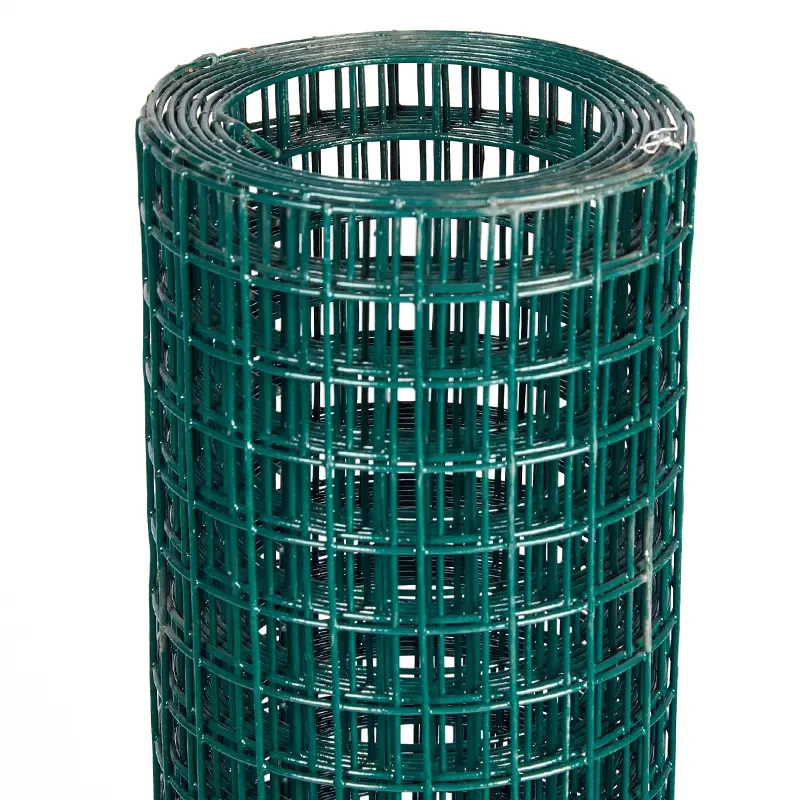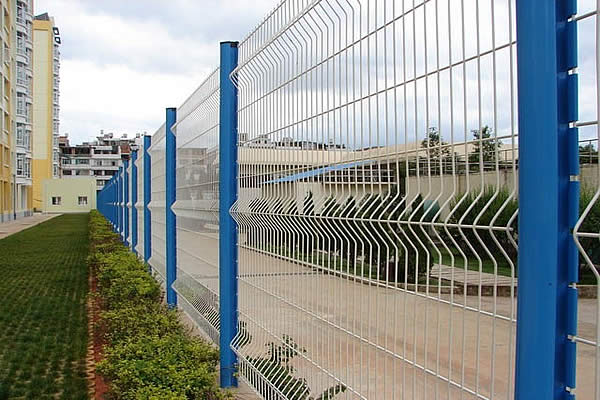Navigating the world of landscaping and construction can be daunting, especially when it comes to finding the right balance between aesthetics and functionality. Gabion walls, however, have emerged as a stalwart solution in both commercial and residential projects, offering a unique blend of durability, sustainability, and design versatility. Having been involved in numerous projects featuring gabion structures, I'm well-positioned to share insights that not only highlight their advantages but also address common misconceptions.

Gabion walls comprise wire mesh baskets filled with various materials such as stones, recycled concrete, or even organic matter like wood. This simple yet ingenious concept traces back centuries, with roots in Roman military fortifications. Over time, their application has broadened, driven by increased awareness of the need for environmentally friendly infrastructure.
Gabion walls are lauded for their robustness. Unlike solid walls, they can flex with ground movement, which makes them ideal for areas prone to earthquakes or heavy rain. From an engineering perspective, the permeability of gabions allows water to pass through, effectively reducing pressure build-up that might otherwise lead to structural failure. This feature is invaluable in projects where drainage and erosion control are paramount.

From an aesthetic point of view, gabion walls offer a unique and natural look that can blend seamlessly into a rural setting or stand out as a striking feature in urban landscapes. The choice of fill material provides endless possibilities—local stone can make the structure blend perfectly with its surroundings, while using colored glass or timber can create remarkable visual contrasts.
Sustainability is another crucial advantage of gabion walls. With an increasing emphasis on green building practices, choosing gabions supports environmentally responsible construction. The materials can often be locally sourced, reducing the carbon footprint associated with transportation. Furthermore, the life cycle of a gabion wall is extended because they require little maintenance, and the components can be reused or recycled, enhancing their sustainability credentials.
gabion wall
Practical experience underscores that installation of gabion walls is highly efficient compared to traditional methods. The construction does not require skilled masonry work, allowing for cost-effective deployment without sacrificing structural integrity. It's noteworthy that even amateurs can successfully install smaller gabion walls by following basic guidelines, which speaks volumes about their accessibility to a wider audience.
To dispel common myths, it's important to affirm that gabion walls are not mere temporary solutions. With proper design and quality materials, they have proven to last decades, offering a permanent and reliable solution for varied environments. Moreover, the misconception that gabion walls are only suited for large-scale projects is outdated. Their modular nature allows adaptation to small gardens and residential spaces—enhancing property aesthetics while serving practical functions such as privacy screens or noise barriers.
Trust is integral in any construction project, particularly when innovative materials are involved. Expertise in this area confirms that consulting with engineers or designers experienced in gabion technology is critical. This ensures that factors like soil composition, load distribution, and fill material are precisely accounted for in the planning phase.
Several landmark projects exemplify the authority of gabion walls in engineering and architecture. The Cheonggyecheon Stream Restoration Project in Seoul, South Korea, utilized gabions extensively for riverbank stabilization, transforming a polluted corridor into a vibrant urban oasis. Closer to home, many architects are incorporating gabion elements in walls or facades, merging rustic charm with modern design principles.
In conclusion, whether you're a homeowner looking to enhance your landscape with an eco-friendly barrier or a developer seeking a robust solution for erosion control, gabion walls offer unmatched benefits. They embody the synergy of nature and engineering, proving that sustainable choices need not compromise aesthetic appeal or structural integrity. As you consider your next project, let the practicality, versatility, and ecological advantages of gabion walls guide your decision, knowing they have stood the test of time across myriad landscapes worldwide.
 TEL:
+86-13102802206
TEL:
+86-13102802206
 Email:
fencenetting@china.com
Email:
fencenetting@china.com
 Language
Language
 TEL:
+86-13102802206
TEL:
+86-13102802206
 Email:
fencenetting@china.com
Email:
fencenetting@china.com
 Language
Language



